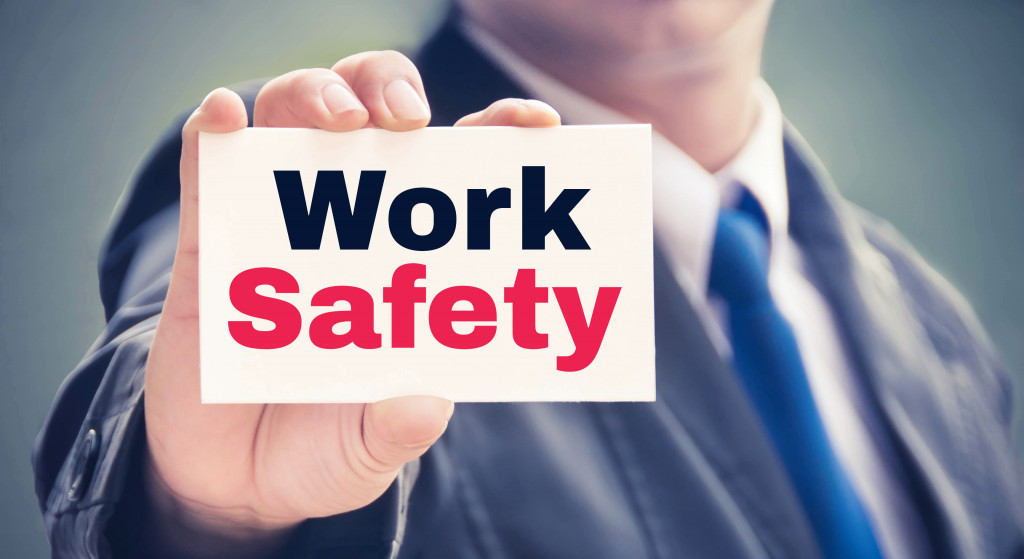- Secure IT infrastructure, including firewalls and antivirus software, safeguards against digital threats.
- Physical data security, with methods such as installing commercial gates and defining protocols, protects sensitive locations.
- Clear company policies and employee training foster a culture of data confidentiality.
- Regular monitoring and review of security practices ensure continued effectiveness and up-to-date protections.
As technological advancements continue to revolutionize the business world, organizations are increasingly relying on data and analytics to drive their operations. However, this growing reliance on data presents new challenges, particularly when it comes to ensuring confidentiality and security. For small and medium-sized enterprises (SMEs) that may not have the same resources as larger corporations, the stakes can be especially high. This blog post will explore some of the key strategies that SMEs can use to protect their data and ensure ethical compliance in the workplace.
Invest in Secure IT Infrastructure:
To keep data safe, it’s essential to implement a secure IT infrastructure. It’s important to work with professionals who have experience in securing IT infrastructure and to invest in tools and technologies that meet the specific needs of your organization. Here are some examples:
Implementing firewalls and antivirus software:
Firewalls and antivirus software are pivotal components of any secure IT infrastructure. A well-configured firewall serves as the first line of defense, controlling the inbound and outbound network traffic based on an organization’s previously defined security policies. Antivirus software, on the other hand, helps detect and neutralize threats such as viruses, malware, and other malicious programs before they can cause significant damage. Regular updates of both firewalls and antivirus software ensure protection against the latest threats.
Securing data servers:

Just as important as network protection is the security of the data servers. These servers, which house all the sensitive data of a company, need to be protected both physically and digitally. Physically, servers should be stored in secure locations with controlled access. Digitally, they should be protected with strong access controls, encryption, and regular backups. Using a server monitoring system can provide early detection of any potential failures or breaches, thereby allowing for prompt action to mitigate any risks.
Implement access controls:
One of the main ways that data breaches occur is through unauthorized access. To prevent this, it’s essential to implement strict access controls. This might involve ensuring that employees only have access to the data they need to perform their job functions and limiting access to particularly sensitive data. You might also consider multi-factor authentication, which requires employees to provide multiple forms of identification before being granted access.
Protect Physical Data:
While much of the world’s data is now stored digitally, it’s important not to overlook physical security. This might include keeping physical records in locked cabinets or rooms, restricting access to areas where sensitive data is stored, and implementing policies around clear desk and screen use. Here are other tips:
Develop clear policies and procedures:
The first step in safeguarding your data is to establish clear policies and procedures around data handling and security. This might include guidelines for how data should be stored, who has access to it, and how it should be disposed of.
It’s also important to educate employees on the importance of data confidentiality and the potential risks associated with data breaches. By establishing a culture of ethical compliance from the outset, SMEs can ensure that their employees are aware of the seriousness of data security.
Investing in a Commercial Gate
Integrating physical security measures such as quality commercial gate installation can significantly enhance the protection of your data centers. A well-installed and robust commercial gate serves as the first line of defense against unauthorized physical access, thereby safeguarding your servers and critical IT infrastructure. Moreover, modern commercial gates come equipped with advanced security features such as surveillance cameras and biometric access control systems, offering an additional layer of security.
Training Employees Properly

Employee education is fundamental to data confidentiality. Even the most comprehensive security systems can be compromised by a single careless action. Therefore, businesses should ensure regular and thorough training programs that help employees understand the critical role they play in maintaining data privacy. These programs should focus on areas like recognizing and responding to phishing attempts, using strong and unique passwords, and understanding the implications of data breaches.
Continuously Monitor and Review:
Finally, it’s important to continuously monitor and review your security policies and procedures to ensure they remain effective and up to date. This might involve conducting regular audits, seeking feedback from employees on how the policies are working in practice, and keeping up to date with the latest data security best practices.
For instance, if you’re using cloud-based systems, it’s important to ensure that the system is regularly monitored for vulnerabilities and patched as needed. Similarly, if your organization has adopted BYOD (Bring Your Own Device) policies, then you need to review these policies on a regular basis and make sure they are properly enforced.
If possible, it can also be beneficial to hire an external security consultant who can assess your IT systems and identify any potential threats that might have been overlooked.
The ethical handling of data is a critical aspect of any organization, and SMEs are no exception. By implementing clear policies and procedures, investing in secure IT infrastructure, implementing access controls, protecting physical data, and continuously monitoring and reviewing policies, SMEs can ensure that they are protecting their data and complying with ethical standards. Ultimately, a data breach can have severe consequences for any organization, so it’s essential that SMEs take proactive steps to ensure data confidentiality in the office.

